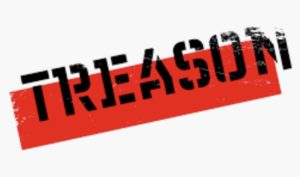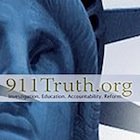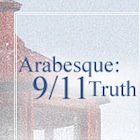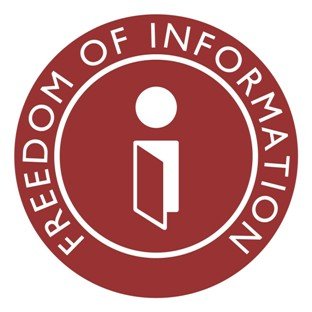Librarians Describe Life Under An FBI Gag Order
by Luke O’Brien
Life in an FBI muzzle is no fun. Two Connecticut librarians on Sunday described what it was like to be slapped with an FBI national security letter and accompanying gag order. It sounded like a spy movie or, gulp, something that happens under a repressive foreign government. Peter Chase and Barbara Bailey, librarians in Plainville, Connecticut, received an NSL to turn over computer records in their library on July 13, 2005. Unlike a suspected thousands of other people around the country, Chase, Bailey and two of their colleagues stood up to the Man and refused to comply, convinced that the feds had no right to intrude on anyone’s privacy without a court order (NSLs don’t require a judge’s approval). That’s when things turned ugly.
Amendment IV of the Bill of Rights
“The right of the people to be secure in their persons, houses, papers, and effects, against unreasonable searches and seizures, shall not be violated, and no warrants shall issue, but upon probable cause, supported by oath or affirmation, and particularly describing the place to be searched, and the persons or things to be seized.”
The four librarians under the gag order weren’t allowed to talk to each other by phone. So they e-mailed. Later, they weren’t allowed to e-mail.
After the ACLU took on the case and it went to court in Bridgeport, the librarians were not allowed to attend their own hearing. Instead, they had to watch it on closed circuit TV from a locked courtroom in Hartford, 60 miles away. “Our presence in the courtroom was declared a threat to national security,” Chase said.
Forced to make information public as the case moved forward, the government resorted to one of its favorite tactics: releasing heavily redacted versions of documents while outing anyone who didn’t roll over for Uncle Sam. In this case, they named Chase, despite the fact that he was legally compelled to keep his own identity secret.
Then the phone started ringing. Pesky reporters wanted info. One day, the AP called Chase’s house and got his son, Sam, on the phone. When Chase got home, he took one look at his son’s face. “I could tell something was very wrong,” he said. Sam told him the AP had called saying that Chase was being investigated by the FBI. “What’s going on?” Sam asked his father. Chase couldn’t tell him. For months, he worried about what his son must have been thinking. As the case moved forward, the librarians had to resort to regular duplicity with co-workers and family — mysteriously disappearing from work without an explanation, secretly convening in subway stations, dancing around the truth for months. The ACLU even advised Chase to move to a safehouse.
After the Bridgeport court ruled that the librarians constitutional rights had been violated, the government appealed the decision to U.S. District Court in Manhattan. Around the same time, the Congressional spin machine kicked into overdrive. Rep. Jim Sensenbrenner (R-Wisconsin) wrote an op-ed in USA Today that said:
“Zero. That’s the number of substantiated USA Patriot Act civil liberties violations. Extensive congressional oversight found no violations. Six reports by the Justice Department’s independent inspector general, who is required to solicit and investigate any allegations of abuse, found no violations.”
Once President Bush reauthorized the Patriot Act, the FBI lifted the librarians’ gag order. “By withdrawing the gag order before the court had made a decision, they withdrew the case from scrutiny,” Chase said. This eliminated the possibility that the NSL provisions would be struck down.
Today, the Connecticut librarians are the only ones who can talk about life with an NSL gag, despite the likelihood that there are hundreds if not thousands of other similar stories out there. “Everyone else who would speak about is subject to a five year prison term,” Chase said. The prison term for violating the gag order was added to the reauthorized Patriot Act.
Original article here.



























